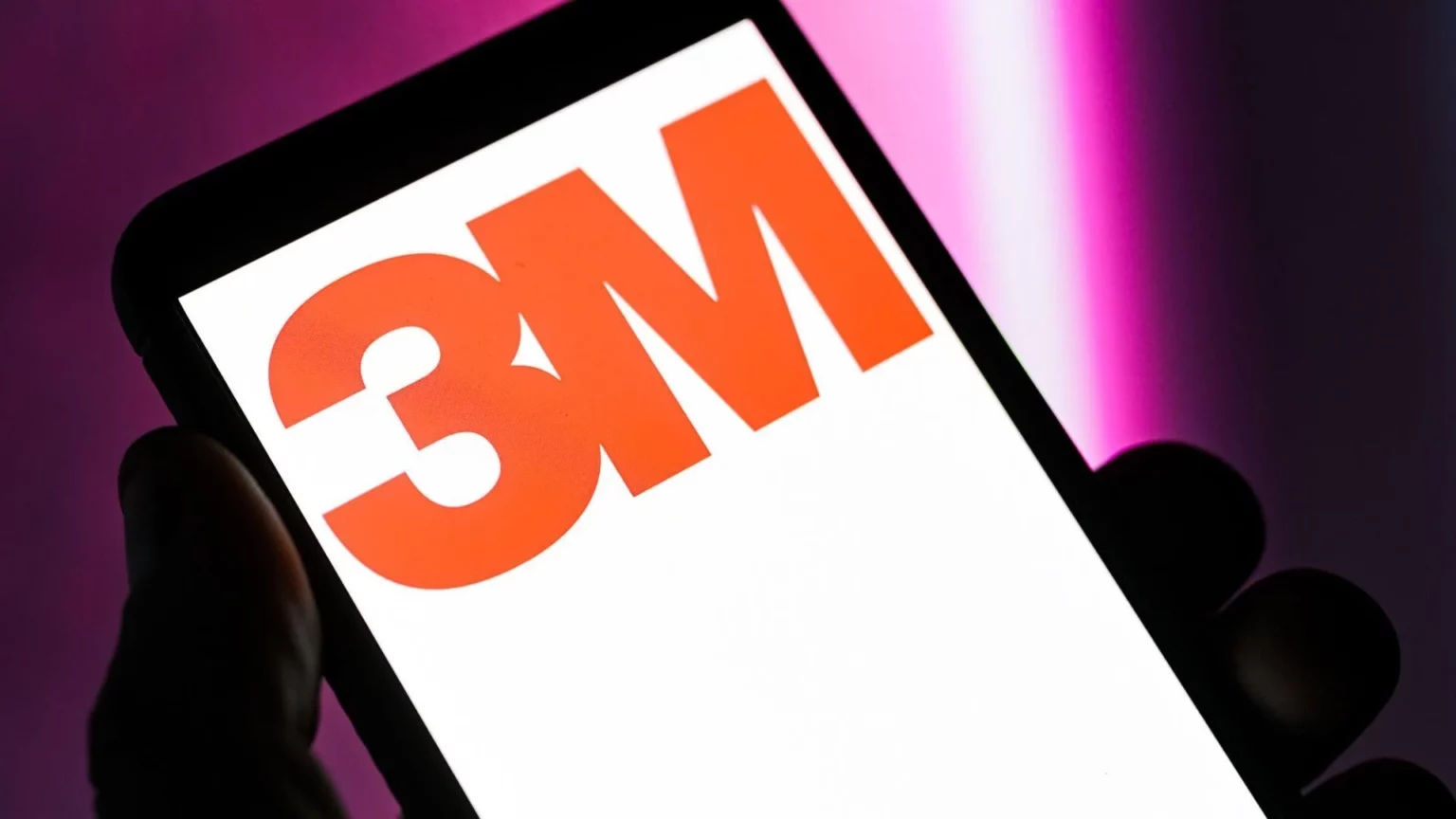3M, a prominent manufacturing company, has entered into an agreement to pay a substantial $6 billion settlement to address approximately 300,000 lawsuits that accused the company of supplying faulty combat earplugs to the military. Allegations suggest that these defective earplugs resulted in significant injuries, particularly hearing loss, among military personnel.
The settlement, which will be distributed over the course of several years, encompasses a cash payment of $5 billion as well as an additional $1 billion in stock. Despite agreeing to this resolution, 3M maintains that the settlement does not imply any admission of liability on their part.
The earplugs in question were utilized by the US military during training and combat operations spanning from 2003 to 2015. Veterans and military personnel alleged that these earplugs, manufactured by Aearo Technologies, a company later acquired by 3M in 2008, were defective and contributed to hearing-related issues such as hearing loss and tinnitus. A 2021 Wall Street Journal report highlighted these concerns, sparking legal action against 3M.
Interestingly, the agreement follows 3M’s announcement that it would discontinue production of certain controversial chemicals, known as polyfluoroalkyl and perfluoroalkyl substances (PFAS), by the end of 2025. These “forever chemicals” have been detected in various consumer products and have raised health concerns due to their potential adverse effects.
This $6 billion settlement is a significant development for 3M, and it coincides with the company’s previous legal resolution earlier in the summer. In June, 3M disclosed its commitment to pay up to $10.3 billion over a span of 13 years to support public water suppliers across the United States in addressing the presence of PFAS chemicals in water systems.
While the settlement marks a step toward resolving the legal challenges faced by 3M, it also underscores the broader implications of product liability in the manufacturing industry and the responsibility companies bear for the safety of their products in critical contexts such as military equipment.




